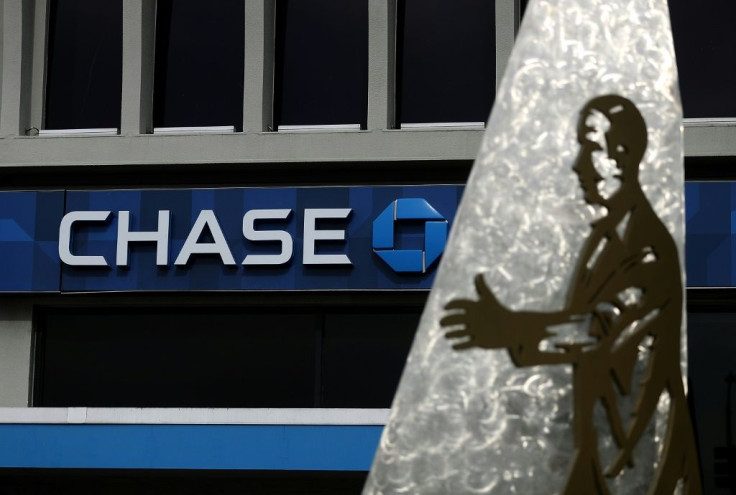Bank Exec Says US Consumers Not Adding Debt Despite Recession
US consumers remain in a better position than in a typical recession, but the economy still faces "enormous uncertainty" because of the coronavirus, a JPMorgan Chase executive said Tuesday.
Bank customers have relatively high savings rates and are paying down their credit cards, said Chief Financial Officer Jennifer Piepszak, who added that the bank does not expect to add significant reserves for bad loans in the third quarter.
"We're not seeing anything you would typically expect to see in a recession," Piepszak said in an interview at a Barclays banking conference that updated the bank's outlook ahead of third-quarter earnings.
"What you would typically see in a recession is the savings rate fall and we're actually seeing the savings rate increase," she said, reflecting that many consumers have cut spending but seen income stay flat or higher in some cases.
"We see a consumer with a fair bit of reserves to fall back on," she said.

But Piepszak said there was still "lots of uncertainty" about the potential hit from a second wave of the coronavirus in the United States and Congress's failure to agree on another relief package that would prop up consumers, particularly those who have lost their jobs.
Ahead of the bank's third-quarter earnings report in October, Piepszak trimmed the net interest income forecast by $1 billion to $55 billion for the year. On the positive side, the bank is seeing a 20 percent increase in its markets business compared with last year, she said.
On Tuesday, Piepszak said she expects to be "near zero" in terms of adding reserves for bad loans after the bank set aside $8.9 billion in the second quarter.
But she said the bank does not expect to release reserves soon, citing the weakness in some sectors such as airlines and restaurants as well as broader economic uncertainty.
"We would have to have confidence in the outlook before we would release reserves," she said.
© Copyright AFP 2024. All rights reserved.



















